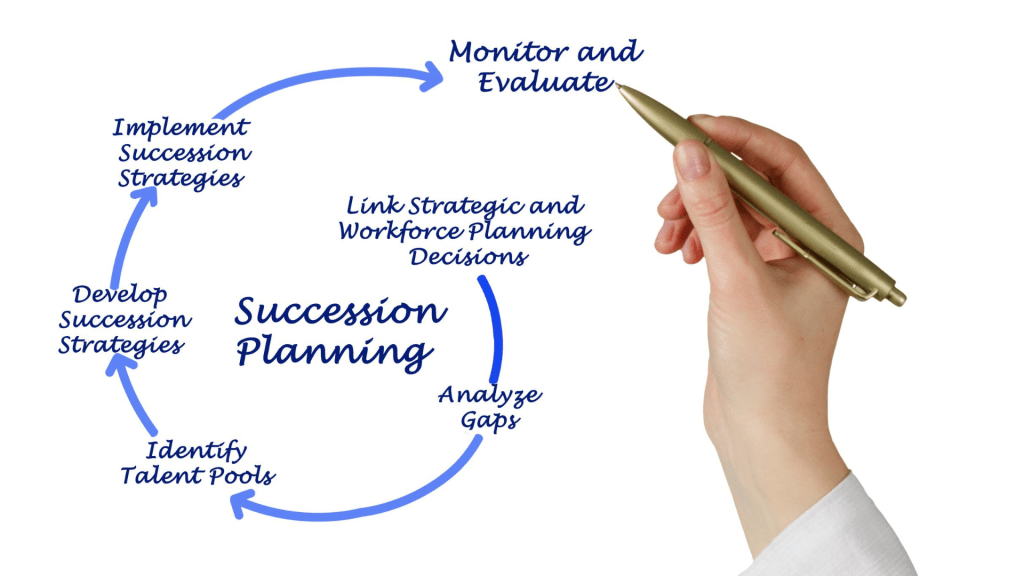By Carol Gresham, CBI NWA SENIOR INTERMEDIARY
If you had to rank different aspects of your business: products, location, customers, employees, marketing, etc., ask yourself which would rank highest in importance?
Drawing on my years of experience as a business owner, your employees certainly rise to the top of the list. Not only will they be the engine that drives your business forward they also add value when it’s time to sell.
Consider the pending sale of your business and the important role long-term employees will play in helping support a smooth transition to a future new owner.
Smart owners are taking time to look deeply at the staff they currently have employed and comparing their skills and aspirations to the long-term business plans. As you review your organization, ask yourself the following:
- Does my team have the necessary skills to achieve my goals?
- If there are skills gaps, what plans can be put in to place to help ready them for my future growth plans?
- Which team members are ready now for promotional advancement and increased responsibility?
- And, if the business was sold, which team members could be tapped to help transition a new owner?
- Which could step into a position of increased leadership to keep the operations humming and customers satisfied?

Based on changing business conditions and demands of a business, it’s important to conduct these review each year and with frequency. Some organizations have quarterly reviews while other businesses have these twice-yearly and are part of larger leadership discussions that are connected to performance & salary reviews.
Whether you are thinking about buying or selling a business, evaluating the employees attitudes, perspectives and overall energy level will tell you SO much about the health of the business. The employees are the “life blood” of the business, among its greatest assets in marketing, selling and yes, “branding” an organization. Knowing your team, understanding their skills, abilities and career interests is as important as understanding your balance sheet and a prospective buyer will absolutely want to understand the team they would be inheriting from the acquisition.
Once you’ve explored the who of your team, now make plans on the what as you devise plans to increase their leadership skills, offer opportunities to learn new tasks, dig deeper into the overall operations of the business and equip them to lead once you’ve exited the business.



